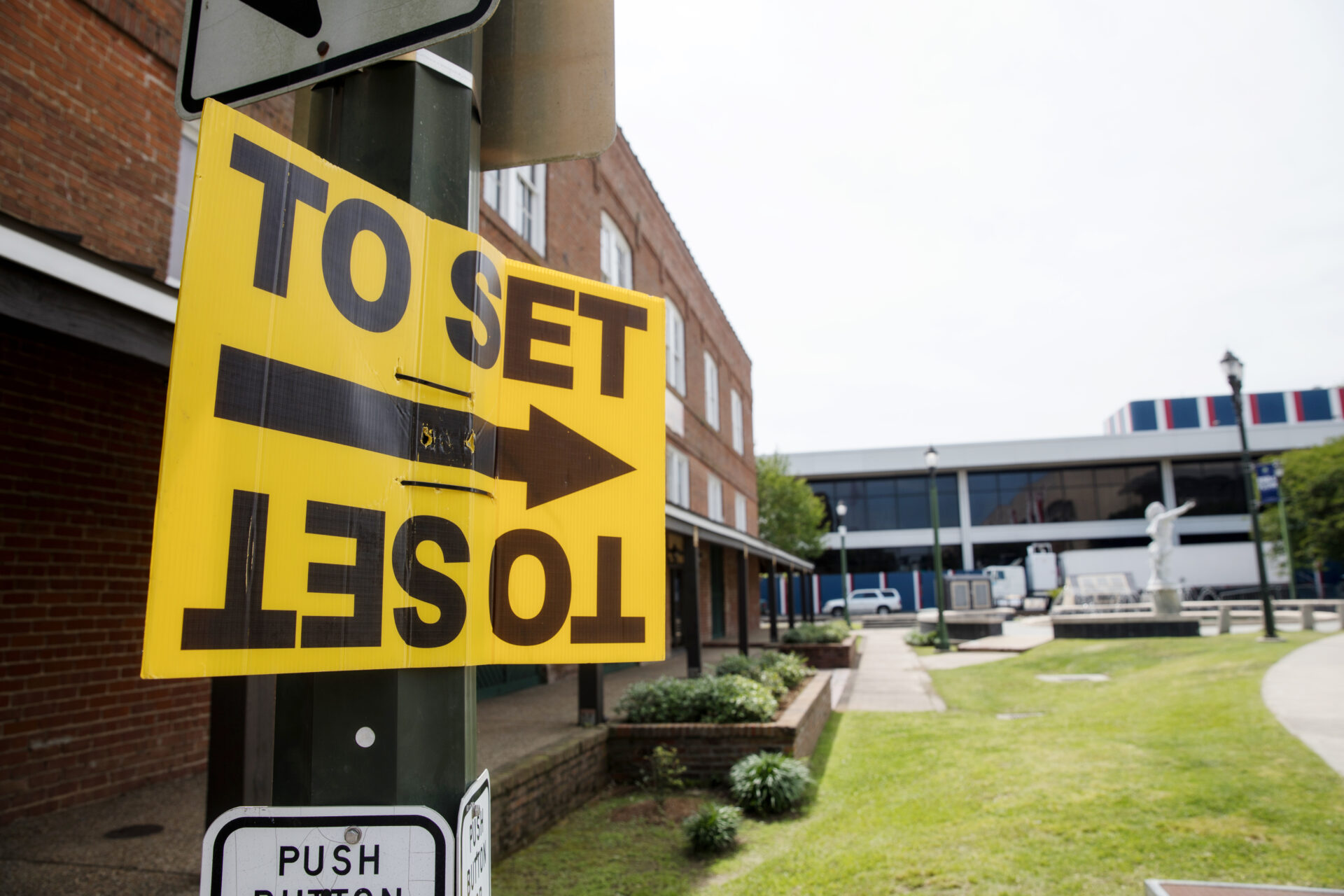
How will national film and TV union strike impact Louisiana’s film industry?
Almost every voting member of the union that represents people who work behind the scenes in film and television in Louisiana has joined their colleagues across the country in authorizing a nationwide strike, a representative of the local chapter says.
The unprecedented union vote does not immediately cause a work stoppage, which both sides would prefer to avoid. However, it could lead to a strike that would shut down much of the industry, which has returned to work following the COVID-19-driven pause.
Chris Stelly, who directs Louisiana Economic Development’s entertainment office, says there are 17 productions on the ground in the state with more likely on the way. He says LED is monitoring the situation and hoping for “a fair and equitable resolution for both sides.”
|
|
The International Alliance of Theatrical Stage Employees announced Monday that its 60,000 members voted to give IATSE International President Matthew Loeb the authority to call a strike, the first such vote in the union’s 128-year history. Voter turnout was 90%, and 98% of people who voted support strike authorization, IATSE says.
Cory Parker, who is the business agent for the chapter that includes Louisiana’s film workers, says 96.9% of the chapter’s members voted and 98.9% of voters were a “yes.” The union chapter has just under 1,400 eligible voters, he says.
The vote is meant to give union leadership leverage in negotiations with the Alliance of Motion Picture and Television Producers by showing members’ willingness to strike if it came to that.
“I hope that the studios will see and understand the resolve of our members,” Loeb says in a prepared statement. “The ball is in their court. If they want to avoid a strike, they will return to the bargaining table and make us a reasonable offer.”
IATSE called for a vote last week after more than four months of talks resulted in an impasse with the AMPTP, the Los Angeles Times reports. The union is fighting for higher pay, larger contributions to health and pension plans, and improved rest periods and meal breaks, as well as a bigger cut of the profits from streaming productions. The contract ended July 31 and was extended until Sept. 10.
This story originally appeared in an Oct. 4 edition of Daily Report. To keep up with Baton Rouge business and politics, subscribe to the free Daily Report e-newsletter here.
|
|
|
